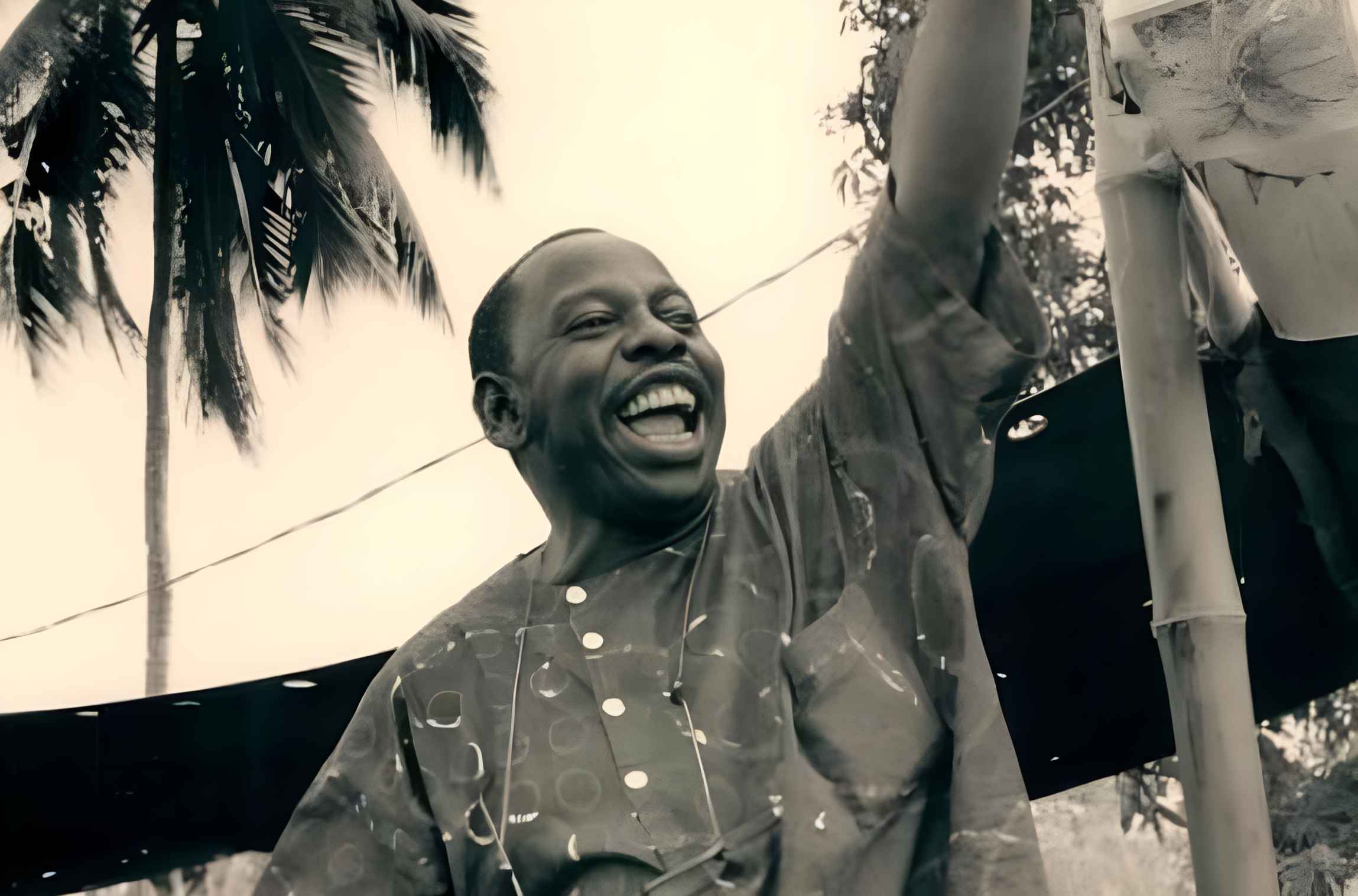Nigeria pardons Ken Saro-Wiwa, 30 years after execution

Saro-Wiwa and his fellow campaigners, known as the Ogoni Nine, were convicted of murder and hanged in 1995 under the country’s military regime.
Nigeria’s president has officially pardoned Ken Saro-Wiwa and eight others, three decades after their execution sparked global outrage over environmental injustice and repression in the Niger Delta.
Saro-Wiwa and his fellow campaigners, known as the Ogoni Nine, were convicted of murder and hanged in 1995 under the country’s military regime.
Many believed they were punished for leading protests against oil multinationals, especially Shell, over pollution in Ogoniland. Shell has always denied involvement in the executions.
On Thursday, President Bola Tinubu granted them posthumous pardons and awarded them national honours during Nigeria’s Democracy Day celebrations.
“Today, we remember them as heroes who made outstanding contributions to our nation’s democracy,” Tinubu said.
The Ogoni Nine included Ken Saro-Wiwa, Barinem Kiobel, John Kpuinen, Baribor Bera, Felix Nuate, Paul Levula, Saturday Dobee, Nordu Eawo, and Daniel Gbokoo.
While the gesture has been welcomed, some campaigners and family members insist the action does not go far enough.
The Movement for the Survival of the Ogoni People (Mosop), once led by Saro-Wiwa, described the pardon as a “courageous act” but added that it “implies wrongdoing, while in reality no crime ever took place”.
Barinem Kiobel’s widow expressed gratitude to President Tinubu for the honour but urged him to “properly declare [her] husband and his compatriots innocent”, saying, “a pardon is not granted to the innocent”. She said she wants a retrial.
Amnesty International also criticised the move, saying clemency “falls far short of the justice the Ogoni Nine need”. The organisation called for greater accountability for environmental destruction in the region and urged the government to act against oil companies still causing harm.
Saro-Wiwa, one of Nigeria’s most prominent authors, led peaceful demonstrations against Shell and other oil firms, accusing them of polluting farmlands and rivers.
The government cracked down violently on the protests, and the nine were later found guilty of killing four Ogoni chiefs by a secret military tribunal.
Their execution drew widespread international condemnation and was widely viewed as an extrajudicial killing. Nigeria was suspended from the Commonwealth as a result.
In the years since, Shell has faced several lawsuits linked to pollution in the Niger Delta.
In 2021, a Dutch court ordered the company to pay compensation to Nigerian farmers after ruling that oil spills had damaged their land and water. Shell agreed to pay over $100 million (Sh12.9 billion).
Earlier this year, two Ogoni communities took legal action in London, arguing Shell should be held responsible for oil pollution dating back to 1989. Shell has denied liability, blaming sabotage and illegal refining for the spills.
